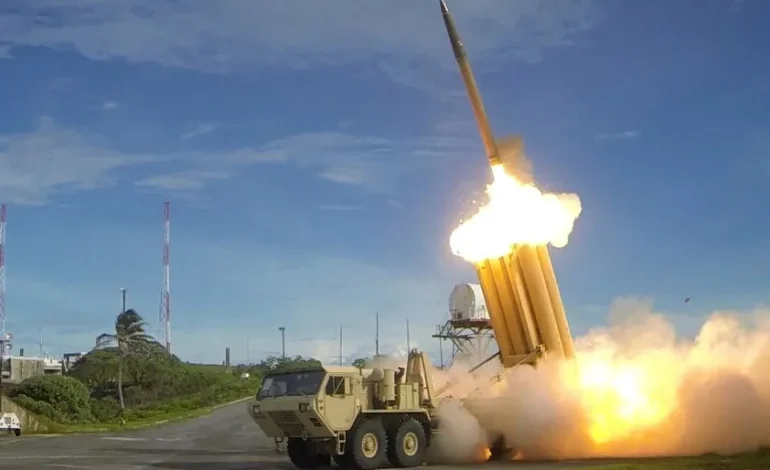US Threatens Israel With Aid Cuts, But Deploys Troops, Anti-Missile System, Exposing Policy Contradictions

The Biden administration’s handling of the Israel-Gaza conflict has come under renewed scrutiny, as the US simultaneously threatened to withhold military aid and deployed an advanced anti-missile system and troops to Israel, Al Jazeera reports.
This contradictory approach has exposed a policy riddled with inconsistencies and drawn further criticism of the administration’s commitment to upholding human rights and humanitarian principles.
While the US publicly pressured Israel to improve the humanitarian situation in Gaza, it simultaneously strengthened Israel’s military capacity by deploying the Terminal High Altitude Area Defense (THAAD) system, capable of intercepting ballistic missiles. This move, coupled with the dispatch of US troops to operate the system, further bolsters Israel’s already robust missile defense network, raising questions about the administration’s true intentions and whether it is truly committed to holding Israel accountable for its actions.
The administration’s contradictory actions stem from a US law prohibiting military support for countries that block humanitarian aid. However, the administration’s threat to withhold aid, a key aspect of its leverage, remains unclear. State Department spokesman Matthew Miller declined to specify what consequences Israel would face for non-compliance and how this differs from previous unfulfilled threats.
Adding further confusion, the administration has also sent a letter to Israeli officials demanding improvements to the humanitarian situation in Gaza within 30 days or face unspecified consequences. The letter, signed by US Secretary of State Antony Blinken and Secretary of Defense Lloyd Austin, was addressed to Israeli Defence Minister Yoav Gallant and Minister of Strategic Affairs Ron Dermer.
The timing of the announcement of both the troop deployment and the letter has led some to believe that the administration may be trying to appease both its domestic constituency and its international partners, while simultaneously appeasing Israel’s government. This raises concerns that the administration’s focus may be on maintaining its political alliances rather than pursuing a just and equitable solution to the conflict.
Former State Department official Annelle Sheline, who resigned in protest of the administration’s Israel policy, believes the looming US elections may be influencing the administration’s actions.
The deployment of the THAAD system adds to Israel’s already robust missile defense network, further bolstering its capacity to counter potential threats like a recent Iranian missile attack. However, the timing of the announcement and the accompanying threats to withhold aid highlight the administration’s conflicting approach to Israel’s actions in Gaza, prompting further criticism and raising questions about its commitment to upholding human rights and humanitarian principles.
Iranian officials have warned that the US is putting the lives of its troops “at risk by deploying them to operate US missile systems in Israel”. The US, however, maintains that the THAAD deployment is intended to “defend Israel”.








